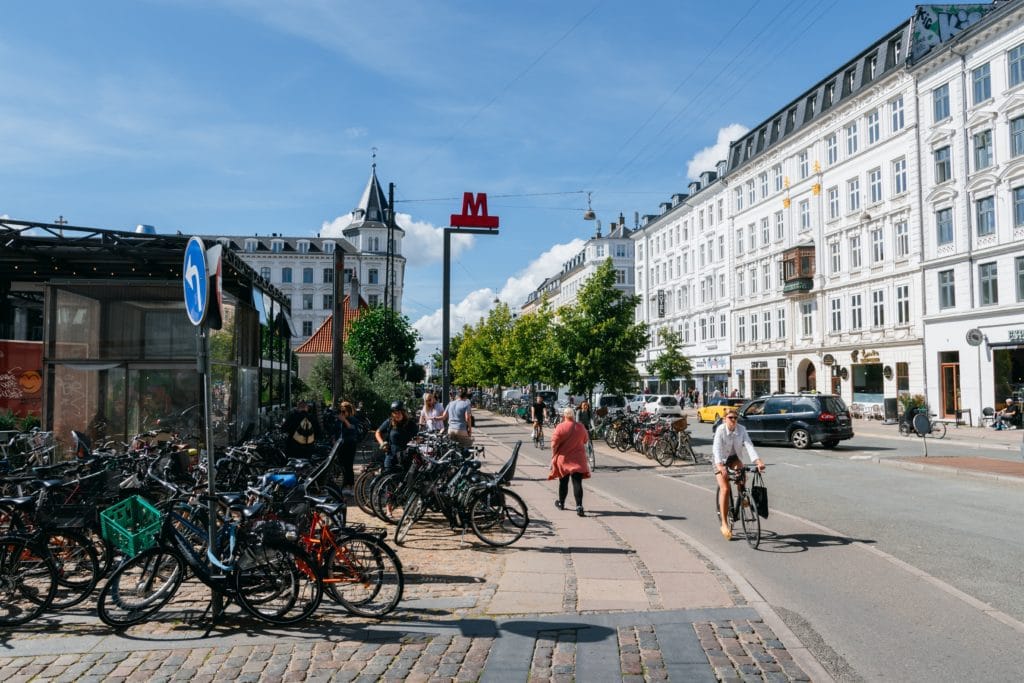Using state-of-the-art scientific knowledge about behavior and happiness, we are helping organizations tackle these kinds of issues. Our typology of thirteen fundamental needs that every person must fulfill in order to be happy is a start, but our work goes far beyond that. We systematically map out how an organization can positively influence these happiness factors. How? Through in-depth interviews, home visits, and other forms of research to connect with people and see the world through their eyes.
The key to our approach – and major reason for its success – is that we involve all the people within an organization and take the necessary steps together. So, for example, we do joint workshops, go to interviews together where possible, and co-create new solutions. In this way there is shared ownership of the results, and we learn from each other.


